Classic Hungarian books that you can read in English, too!

An important part of Hungarian culture is our literature. Hungarian writers and poets have produced marvellous works of art during the past hundreds of years. Sadly, the language barrier prevents international audiences from accessing all masterpieces. However, over the years, some of the classics were translated into English and reached international acknowledgement, too. In fact, a Hungarian book was chosen as the best book of the year in China in 2017. According to femina.hu, the following eight books are available in English as well and are definitely worth reading.
1. Ferenc Molnár – The Paul Street Boys
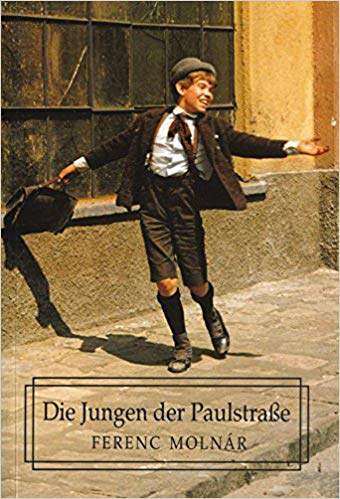
This novel is familiar to all Hungarians as it is on the compulsory reading list in 5th grade. It first appeared in instalments in a periodical called Students’ Paper, and then the whole story was published the next year. The story is set in March 1889 in Budapest, and it tells the story of the rivalry between the Paul Street boys and the ‘boys with crimson shirts’. It is a tale of friendship, heroic sacrifice, betrayal, the different versions of strength and power and the value of each person, no matter how big or small. Interestingly, the book is a recommended read in Italy, Japan and Poland, too.
2. Géza Gárdonyi- Eclipse of the Crescent Moon
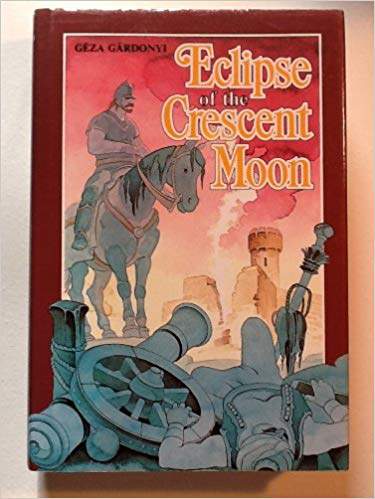
Another Hungarian classic that all primary schoolers are supposed to read. It is 560 pages long, much longer than the story of The Paul Street Boys, but the action-packed plot and the characters you get to know and respect make it an unputdownable read. The historical novel was published in 1901 and revolves around the Turkish siege of the castle of Eger in 1552, as well as the siege of Buda, the Hungarian capital. Apart from battle scenes, the book follows Gergely from age 8, how he meets his wife Éva and how they end up in Eger. As one of the most well-known Hungarian novels, it has been translated to at least 18 languages, including German, Lithuanian, Chinese and, of course, English.
3. Sándor Márai – Embers
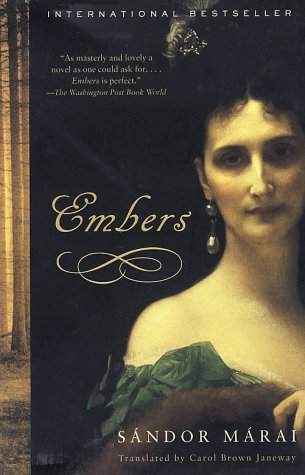
Márai wrote many important poems, essays and plays but was also a successful novel-writer. Embers was published in 1942, and it features two old friends who meet again after decades passed and talk all night to catch up. As we get to know the story, one of them morphs into an accuser while the other is the accused. It is a story of friendship, betrayal, fidelity, and the emotional suspense keeps you interested all the way through. It is available in German, English, Spanish and Portugal but was a hit in Eastern European countries as well.
4. Imre Kertész – Fatelessness
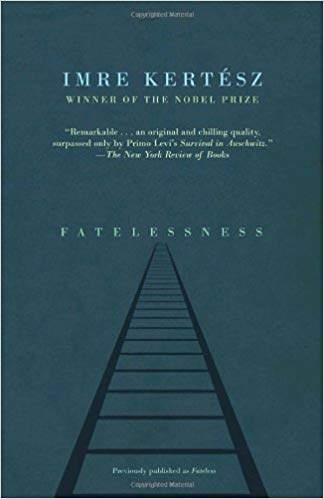
Kertész’s Fatelessness follows the life of a teenage Jewish boy in the 1940s of Hungary. It is his coming-of-age story in the horrible circumstances of a concentration camp and how he reacts to it all. Kertész worked on the book for a total of 13 years; it was only published in 1975. Interestingly, it was more popular abroad at first, the 2002 Nobel Prize win only brought its Hungarian success. The book has been translated into several languages, including English, French and German. It is not an easy topic, but Kertész’s style and his brilliance in dealing with difficult issues delicately make it a must-read. It has also been turned into a movie, with Ennio Morricone composing the music and Daniel Craig making an appearance as well.
5. Imre Madách – The Tragedy of Man
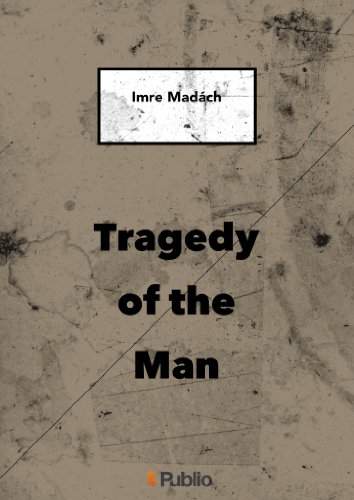
The Tragedy of Man is an evergreen in Hungarian literature. It always feels topical since its focus is on searching for meaning, the meaning of life. For a while, it was criticised for being a copy of Goethe’s Faust. However, more recent criticism says it actually surpasses Faust in excellence. It was written in 1862 and has 15 scenes, each taking place at a critical time in history. Each feature Adam, Eve and Lucifer in various roles, with the first 3 and very last scenes providing a sort of biblical framework to the drama. Its central question is not ‘why?’ but rather ‘who for?’, fascinatingly rephrasing the age-old question.
6. Magda Szabó – The Door

The Door is based on actual events; the author portrays a crucial episode of her life in a breathtakingly beautiful way. The protagonist is Emerenc Szeredás; it is through her that themes of loneliness, sins, forgiveness and hidden scars are told. It is a beautiful, personal confession of the author that deeply touched readers both in Hungary and abroad. Written in 1987, the first edition sold out in just a week. It has been translated into English, German and a further 32 languages. It was also turned into a movie, featuring Helen Mirren in the role of the protagonist.
7. Antal Szerb – Journey by Moonlight
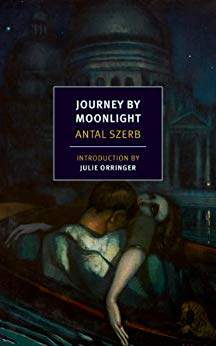
This darkly funny novel poses crucial questions to all adults, no matter where they are in their journey. The protagonist, Mihály, is on his honeymoon with his young wife when he realises that is not what he wants and escapes. It is a story of chasing lost youth, trying to prolong completed periods of our lives and attempting to shake off the shackles of an adult life that feels like a lie. It is a reflective novel that will make you think of your own life, your own choices, all the while being able to stay light-hearted and serious at the same time.
8. Margit Kaffka – Colours and Years
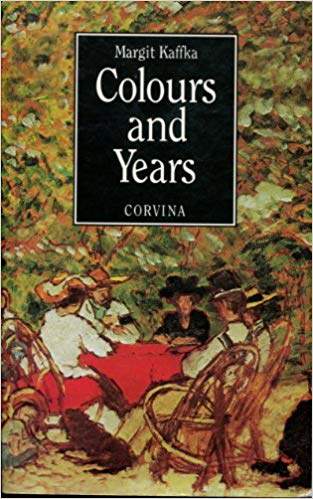
The story is based on the author’s mother’s life. An elderly Magda thinks back to her youth, the decisions she made – or were made for her – and her three marriages. Memories crash into reality, breaking down the walls of time. It is a fascinating read that brought international success to Kaffka. She was compared to Virginia Woolf and Émile Zola, not least for the feminist sentiments surfacing in the novel.
For more news, check out this article about pocketbook-selling automats in Budapest.
Source: femina.hu, theculturetrip








Thanks for the list. I loved “The Door.” The others are new to me. We visited Budapest 6 weeks ago.